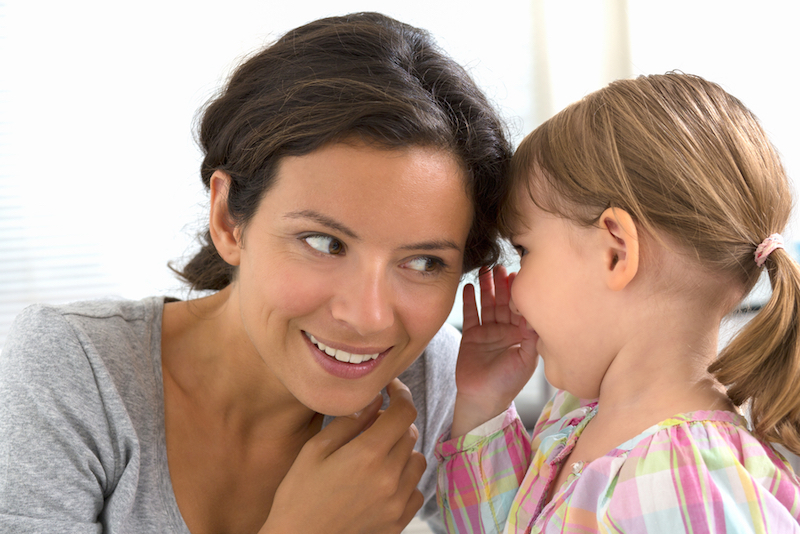60% of Moms Have Been Mom-Shamed

It's a tough world out there. More than half of mothers of young children say they've been criticized for their parenting decisions.
So-called "mom-shaming" comes most frequently from family members, a new survey found, with 37 percent of mothers reporting their own parents had criticized them, 31 percent reporting criticism from their in-laws, and 36 percent reporting criticism from their spouse or their child's other parent. Discipline methods were the most frequent subject of criticism, the mothers reported.
The data came from a nationally representative web survey conducted on behalf of C.S. Mott Children's Hospital at the University of Michigan. A total of 475 mothers of kids ages 5 and under answered the survey, which has a margin of error of plus or minus 2 to 6 percentage points. [How to Do Timeout: 12 Tips from Science]
Shame, shame, shame
The survey found that 61 percent of moms of young kids said they'd been shamed for their parenting at some point. Twenty-three percent said they'd gotten criticism from three or more different sources. Family was a greater source of criticism than strangers, friends or social media commenters. Only 12 percent of respondents reported being criticized by other mothers in public, while 14 percent reported getting criticism from friends and 8 percent reported hearing criticism from a health care provider. Just 7 percent reported receiving criticism from people online.
These findings could reflect the fact that new moms likely interact more frequently with family members than with online trolls, or that moms might be more sensitive to criticism coming from family members whom they expect to be supportive, C.S. Mott researchers wrote in a report accompanying the findings.
Among the moms who'd been criticized, 70 percent said the judgment came in response to their choice of disciplinary methods. Their decisions about their kids' diet and nutrition came next, at 52 percent. Sleep choices followed, with 46 percent of moms reporting criticism over nighttime decisions. Thirty-nine percent of criticized moms said they'd heard judgment about breastfeeding versus bottle-feeding, and 20 percent said they'd been criticized over child safety issues. Finally, 16 percent reported getting criticism over childcare decisions. [7 Baby Myths, Debunked]
Responding to mom-shaming
Moms' reactions to the criticism they received varied, with 60 percent saying they responded by doing their own research and 53 percent saying they took their questions to a health care provider. For 42 percent of the moms who had been criticized, the judgment made them question their parenting choices, and 37 percent said criticism had changed their parenting behaviors at some point.
Get the world’s most fascinating discoveries delivered straight to your inbox.
Half of the moms who were criticized also reported that they avoid critical people.
Fifty-six percent of moms said that being on the receiving end of criticism had made them stop criticizing other moms.
"Sorting through the deluge of information mothers receive about parenting practices, products and priorities can become overwhelming," the survey researchers wrote in the report. "Maternal anxiety, if prolonged or pronounced, is a problem for both mother and child, and for mothers struggling with anxiety, one seemingly innocent comment can become a tipping point into potentially harmful uncertainty.
"This is an area where child health providers can intervene, by encouraging mothers to ask questions about any parenting uncertainties, and offering reassurance and practical advice," the report said.
Original article on Live Science.

Stephanie Pappas is a contributing writer for Live Science, covering topics ranging from geoscience to archaeology to the human brain and behavior. She was previously a senior writer for Live Science but is now a freelancer based in Denver, Colorado, and regularly contributes to Scientific American and The Monitor, the monthly magazine of the American Psychological Association. Stephanie received a bachelor's degree in psychology from the University of South Carolina and a graduate certificate in science communication from the University of California, Santa Cruz.
 Live Science Plus
Live Science Plus






